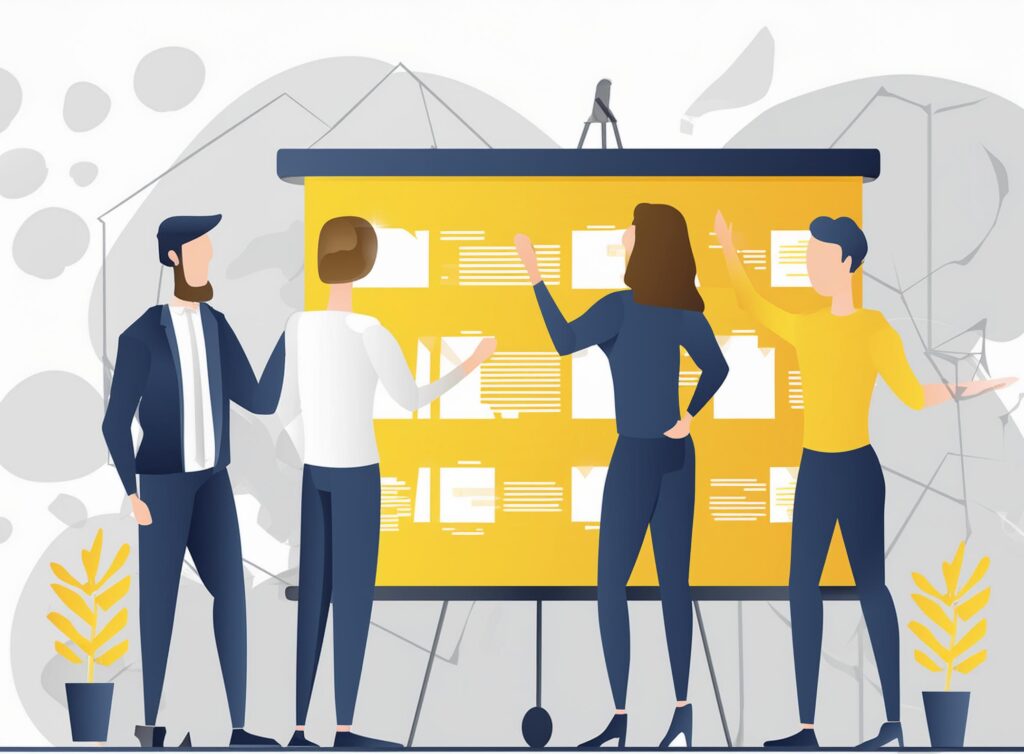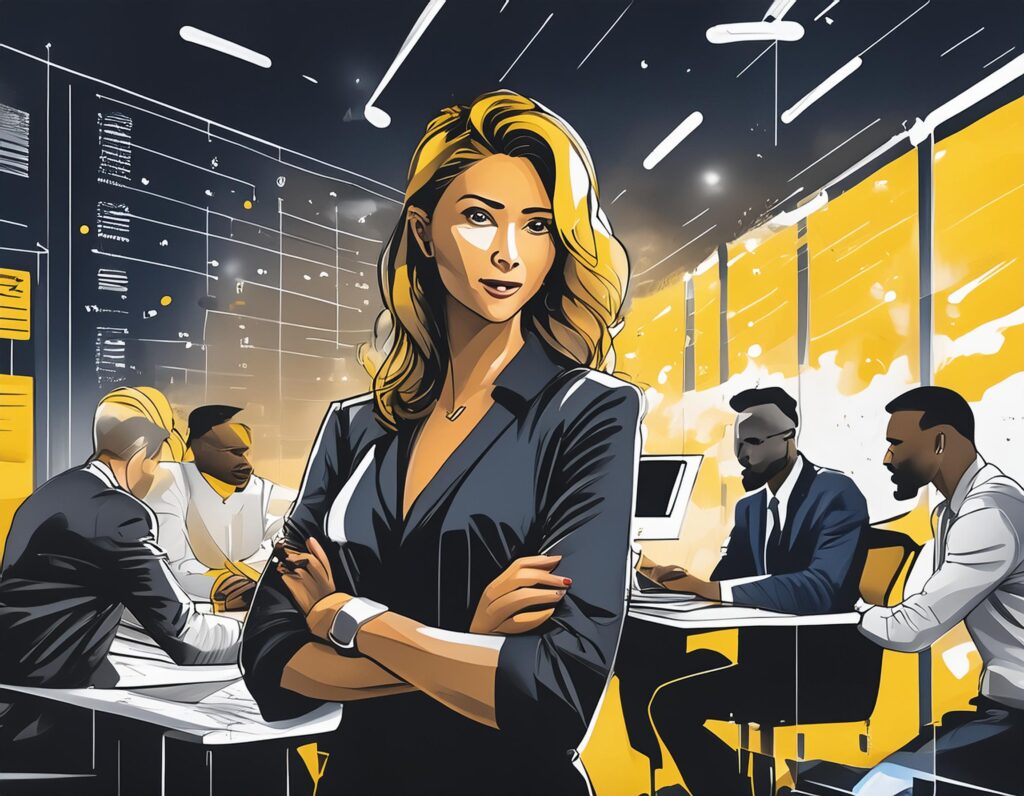
In today’s rapidly evolving digital landscape, the role of digital consultants extends beyond technological implementation; it also involves fostering inclusivity and understanding across generational divides within the workplace. Integrating the older generation, often referred to as non-digital natives, requires a nuanced approach that combines empathy, education, and effective communication strategies.
Translating Technological Innovation:
One of the primary responsibilities of a digital consultant is to translate complex technological advancements into understandable concepts for older employees. This involves breaking down jargon, offering practical examples, and demonstrating the relevance of new technologies to their roles and the company’s objectives.

Teaching and Mentoring:
Effective teaching and mentoring are essential for empowering older employees to embrace digital tools and processes. Consultants should offer tailored training sessions that cater to varying levels of digital literacy, ensuring that everyone feels supported and capable of adopting new technologies at their own pace.

Respecting Boundaries and Prior Knowledge:
Respecting the boundaries and existing knowledge of older employees is crucial. Consultants should acknowledge their valuable experience while gently guiding them towards new methods. This approach fosters mutual respect and encourages a collaborative learning environment.
Igniting Enthusiasm for Innovation:
To ignite enthusiasm for innovation, consultants should highlight the benefits of digital transformation, such as increased efficiency, improved customer experiences, and new growth opportunities. Engaging older employees in discussions about how technology can solve existing challenges can inspire them to embrace change.

Promoting Accessibility and Inclusiveness:
Promoting accessibility involves ensuring that digital solutions are user-friendly and cater to diverse needs. Consultants should advocate for inclusive design principles that consider factors like accessibility tools, readability, and usability for older users.

Navigating Social and Human Needs:
Beyond technical aspects, consultants must navigate the social and human dimensions of change. This includes addressing concerns about job security, providing emotional support during transitions, and fostering a culture of collaboration and mutual respect among employees of all ages.
Effective Communication Strategies:
Communication is key to successful integration. Consultants should use clear, empathetic communication styles that resonate with older employees. This may involve using face-to-face interactions, providing written guides, and utilizing platforms that older employees are comfortable with.

Support from Company Leadership:
To successfully integrate the older generation, consultants need support from company leadership. This includes allocating resources for training programs, fostering a culture that values continuous learning, and leading by example in embracing technological advancements.

In conclusion, digital consultants play a pivotal role in bridging generational gaps within companies. By translating, teaching, respecting boundaries, igniting enthusiasm, promoting accessibility, and embracing inclusiveness, consultants can empower older employees to adapt and thrive in a digitally-driven environment. With the right communication strategies and support from leadership, companies can leverage the diverse strengths of their workforce to achieve sustainable growth and innovation.


